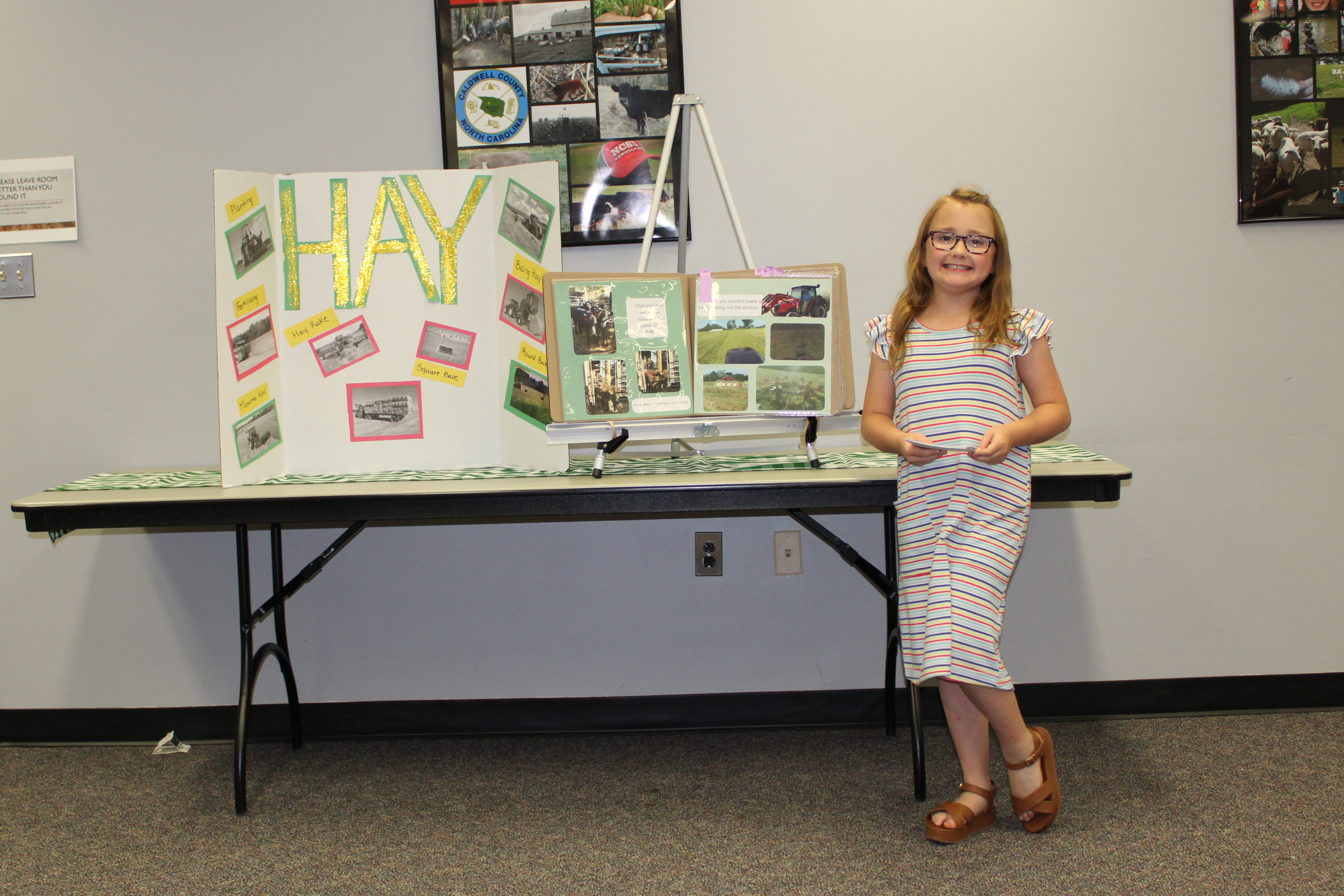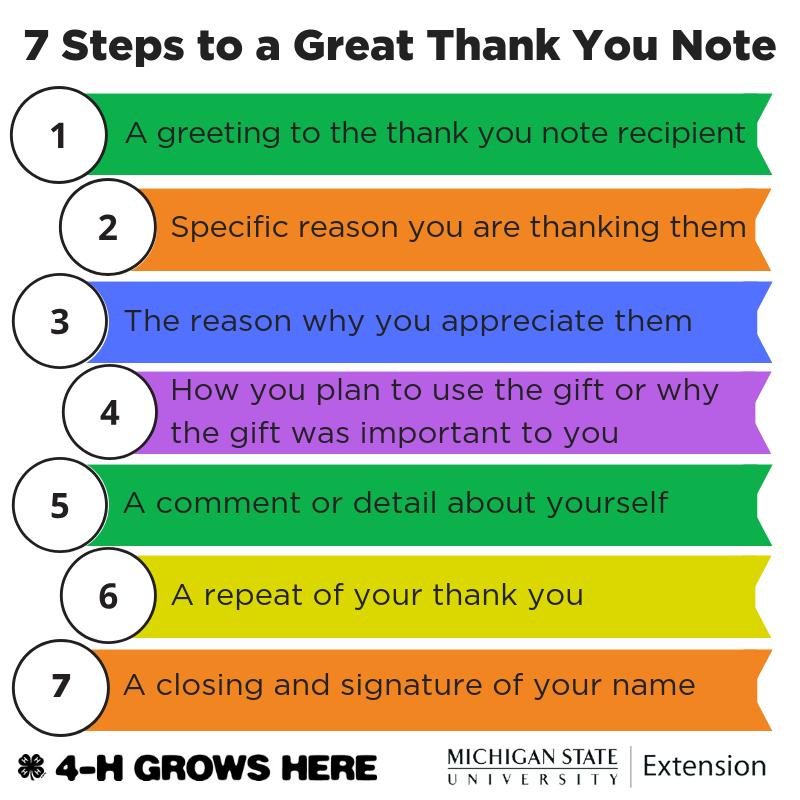Communication Skills Set Up Youth for Success
go.ncsu.edu/readext?829280
en Español / em Português
El inglés es el idioma de control de esta página. En la medida en que haya algún conflicto entre la traducción al inglés y la traducción, el inglés prevalece.
Al hacer clic en el enlace de traducción se activa un servicio de traducción gratuito para convertir la página al español. Al igual que con cualquier traducción por Internet, la conversión no es sensible al contexto y puede que no traduzca el texto en su significado original. NC State Extension no garantiza la exactitud del texto traducido. Por favor, tenga en cuenta que algunas aplicaciones y/o servicios pueden no funcionar como se espera cuando se traducen.
Português
Inglês é o idioma de controle desta página. Na medida que haja algum conflito entre o texto original em Inglês e a tradução, o Inglês prevalece.
Ao clicar no link de tradução, um serviço gratuito de tradução será ativado para converter a página para o Português. Como em qualquer tradução pela internet, a conversão não é sensivel ao contexto e pode não ocorrer a tradução para o significado orginal. O serviço de Extensão da Carolina do Norte (NC State Extension) não garante a exatidão do texto traduzido. Por favor, observe que algumas funções ou serviços podem não funcionar como esperado após a tradução.
English
English is the controlling language of this page. To the extent there is any conflict between the English text and the translation, English controls.
Clicking on the translation link activates a free translation service to convert the page to Spanish. As with any Internet translation, the conversion is not context-sensitive and may not translate the text to its original meaning. NC State Extension does not guarantee the accuracy of the translated text. Please note that some applications and/or services may not function as expected when translated.
Collapse ▲Communication is rarely as easy as A-B-C, yet it is critical to everyday life. Whether written or spoken, communication is one type of soft skill. Soft skills help people work well with others, and they are applicable to many areas of life – personal, academic and professional among others.
The National Social Anxiety Center reports fear of public speaking is the most common phobia in the U.S. Youth can become confident in their public speaking abilities over time through practice and with encouragement.
Families help youth overcome fear related to public speaking by starting small. A simple presentation to extended family members, friends or neighbors is one place to start.
Youth should choose a topic they enjoy learning about such as video games, gardening, or playing a sport. To prepare, youth need to organize their thoughts into an introduction, main ideas and a conclusion. Using notecards or typing an outline can help them feel more secure as a beginner but practice, practice, practice should be encouraged no matter their level of experience.

Livestock 4-H Club member Addison Duncan presents about making hay for the 4-H West District Activity Day in May 2021. She represented both her 4-H Club and Caldwell County in the public speaking contest.
To add to the fun, youth can dress up to fit their topic. A speaker talking about cooking wears an apron or a chef’s hat. Someone interested in the history of the wild west wears a cowboy hat and so on.
Another way youth learn to share with others is written communication. Some kids love storytelling. Others may not like to sit for long periods of time, and writing is uninteresting to them. Parents can help these youth by creating an environment where distractions are minimized during their writing time.
One simple written communication skill youth can practice are thank you notes. Notes do not have to be lengthy, and they help youth express themselves and exercise their written communication skills in a meaningful way. Younger youth may also enjoy decorating a card to use in the process.
Michigan State University’s Extension and 4-H program offers tips on how to write a great thank you note. Notes can be delivered via email or the postal service.

Michigan State University’s Extension and 4-H program offers tips on how to write a great thank you note.
First, a greeting such as “Dear Mrs. Rodriguez,” can be used to open. Next, young people should state the specific reason why they are thanking the recipient and why the person is appreciated.
If the note is about a gift that was received, it is a good idea to tell how the gift will be used or why it was important.
Then, share other details and end with a repeat, “Thank you.”
A good closing word is “sincerely,” which should be followed by the name of the sender in print or as a signature.
After practicing a few times, writing a thank you note will be a skill youth can use for a lifetime.
4-H provides training and opportunities for young people to improve their communication skills in a safe environment. This includes public speaking, written communication and conversation skills used when meeting new people and making friends.
Caldwell County 4-H is a member agency of United Way, and it enthusiastically supports its partnerships. Learn more about Caldwell County 4-H and its programs for youth ages 5-18 online at caldwell.ces.ncsu.edu.
Sarah Kocher is the 4-H Youth Development Agent with Caldwell County Cooperative Extension. The Caldwell County Cooperative Extension Center, 120 Hospital Ave. NE #1 in Lenoir, provides access to resources of N.C. State University and N.C. A&T State University through educational programs and publications.




